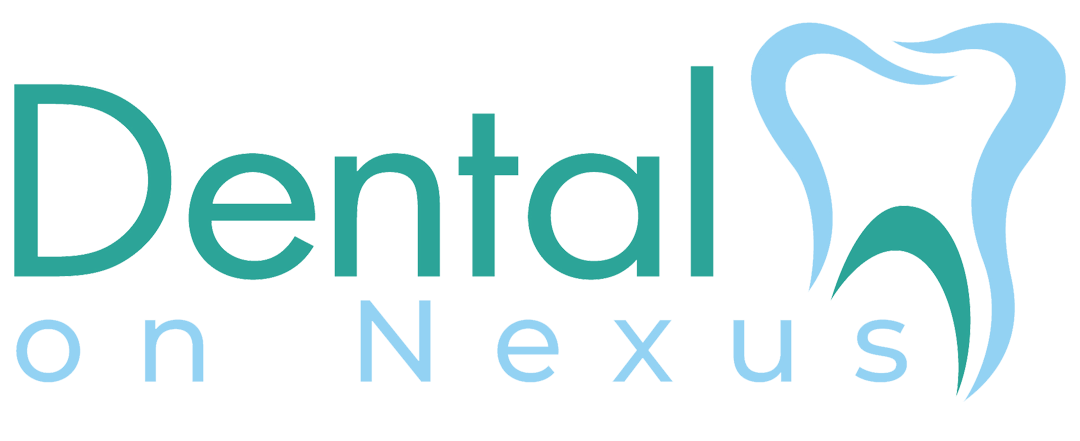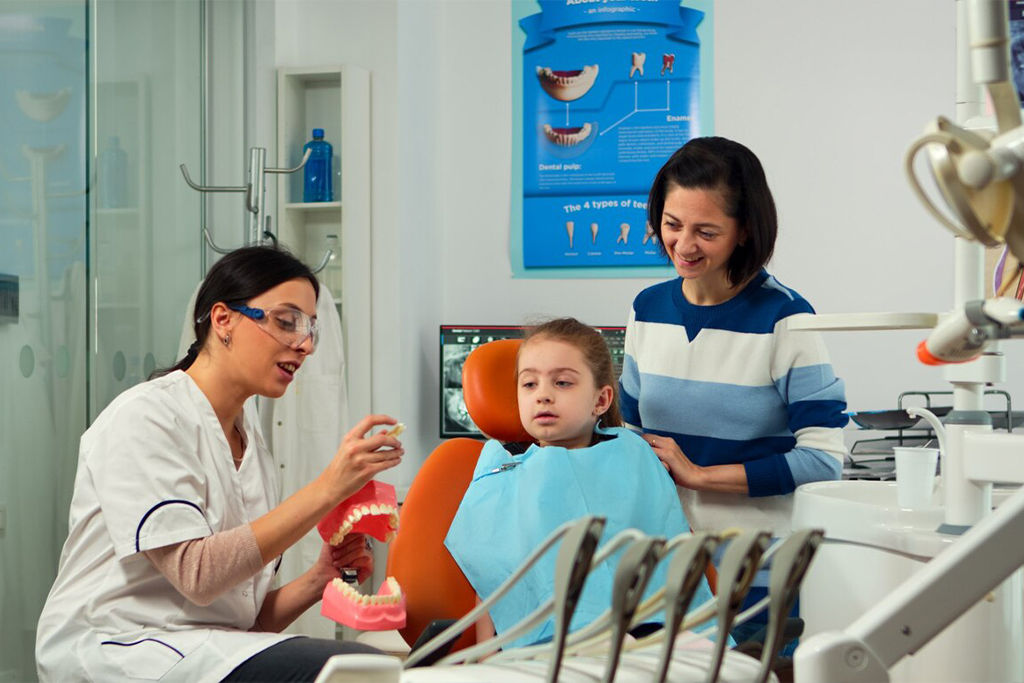Introduction
Baby teeth, or primary teeth, play a critical role in a child’s early stages of development. From helping your little one form their first words to assisting them in enjoying their favourite Vegemite toast, these teeth are more than just placeholders for permanent teeth. However, like many parts of growing up, they come with their unique set of challenges.
Common Issues with Baby Teeth
Delayed Tooth Eruption
When we think of babies and teeth, the image that often pops into our mind is a cherubic infant with a toothless grin. However, by the time they reach their first birthday, most Aussie kids start showcasing one or two pearly whites. Typically, baby teeth start erupting by 6 months, but it’s not uncommon for some bubs to reach their first birthday without a single tooth in sight.
Delayed tooth eruption might stem from several reasons:
• Genetics: Just like you inherited your mum’s blue eyes, late teething can run in the family.
• Premature Birth: Preemies might experience a delay compared to full-term babies.
• Nutritional Deficiencies: Particularly lack of calcium, vitamin D, or phosphorus.
• Underlying Health Conditions: In rare cases, conditions like hypothyroidism can be the culprit.
Tooth Decay and Baby Bottle Caries
Tooth decay is sadly quite prevalent among Australian children. According to the Australian Dental Association, by the time they start school, nearly half of all Aussie children have experienced some degree of decay in their baby teeth.
One significant cause is what’s known as ‘baby bottle caries.’ This decay happens when babies consistently drink from bottles containing sugary liquids, such as fruit juices, cordials, or even milk, especially if they’re allowed to sip over prolonged periods or taken to bed with a bottle.
Signs of baby bottle caries include:
• White spots on the teeth near the gum line.
• Brown or black spots on the teeth.
• Bad breath or swollen gums.
Teething Pain
Teething can be a trying time for both the baby and parents. This process generally starts around 6 months but can begin as early as 3 months. As the teeth push through the gums, your little one might experience a range of discomforts.
Signs your bub is teething include:
• Drooling more than usual.
• Chewing on objects.
• Irritability and fussiness.
• Swollen, tender gums.
Misaligned or Crowded Baby Teeth
While baby teeth are temporary, they set the stage for adult teeth. Misaligned or crowded baby teeth might indicate potential alignment issues with permanent teeth. Causes include early loss of baby teeth, thumb-sucking, or genetic factors.
Chipped or Broken Teeth
Kids will be kids – active, curious, and occasionally a bit too adventurous. Whether it’s a tumble in the playground or an enthusiastic bite into a hard toy, chipped or broken teeth can happen. When such incidents occur:
• Check for pain or damage to the gums.
• Avoid giving them cold or hot food items to prevent sensitivity.
• Schedule a visit with your local paediatric dentist.
Discoloured Teeth
It can be upsetting for parents to see their child’s yellow or grey teeth. Reasons for tooth discolouration can be certain foods, beverages, accidents, or injuries. If you spot a significant change in your child’s mouth, it’s recommended to immediately contact your dentist Parkwood.
Parental Guidance: Addressing Common Baby Teeth Issues
Proper Oral Hygiene for Babies
The foundation of healthy baby teeth is good oral hygiene. Many parents might wonder: when do you start? Before the first tooth breaks out, it’s good to rub your baby’s gums with a soft, damp cloth after feedings. As the first tooth makes its grand entrance, invest in a baby-friendly toothbrush. Opt for one with soft bristles and a small head designed for tender gums and tiny mouths. Initially, just water will do. But as more teeth pop up, consider using a rice-grain-sized amount of fluoride-free toothpaste.
Diet and Nutrition
Diet plays a pivotal role in ensuring robust dental health. Calcium-rich foods like milk, cheese, and yoghurt are fantastic for strengthening those tiny chompers. Also, vitamin-rich fruits and veggies, like broccoli and oranges, promote gum health. It’s crucial to be mindful of sugary snacks and drinks. While they might be tempting treats, they can lead to cavities. The Australian Dental Association recommends water or milk as the best drinks for young kids, and fresh fruit over fruit juices or dried fruits, which can stick to teeth.
Teething Pain Relief
Every parent dreads the discomfort their little one faces during teething. Fortunately, there are several safe remedies to soothe this pain:
• Cooling: Offer a chilled (not frozen) teething ring or a cold, damp cloth. The cool sensation can offer relief.
• Gum massage: Use a clean finger to gently massage your baby’s gums.
• Over-the-counter remedies: If things are especially tough, consider pain relief options. Always consult with a pharmacist or GP to ensure the remedy is age-appropriate.
It’s essential to avoid teething gels or tablets that aren’t approved by Australian health bodies, as some contain ingredients not deemed safe for babies.
Regular Dental Checkups
When it comes to maintaining oral health, nothing can be more valid than the old proverb: “Prevention is better than cure.” Australian Dental Association’s guidelines suggest to visit the dentist regularly right after your child’s first birthday. These early visits familiarise your child with the dental environment, ensuring they’re comfortable and unafraid. More importantly, dentists can catch potential issues before they become bigger concerns.
Handling Chipped or Broken Teeth
Accidents can happen anytime, anywhere, and with children, they often do. If your child chips or breaks a tooth:
• Stay calm: Your reaction will influence your child’s. Keep cool and comfort them.
• Clean gently: Use lukewarm water to rinse their mouth.
• Avoid temperature extremes: As mentioned earlier, keep them away from very cold or hot foods and drinks.
• See a dentist ASAP: They’ll evaluate the severity and guide you on the best steps forward.
Addressing Misalignments Early
If you’ve noticed that your child’s teeth seem crowded or misaligned, it’s not something to brush off as “they’re just baby teeth.” Early orthodontic evaluations can make a difference. This doesn’t necessarily mean braces right away, but a paediatric dentist might recommend space maintainers or other solutions to guide permanent teeth into better positions.
Parenting is a beautiful as well as difficult journey where joy, challenges, patience and continuous learning collaborate. One of the crucial responsibilities is your child’s oral care. And remember, you’re not alone in this journey. For expert dental care tailored to your child’s needs, consider visiting specialists dentist Southport like those at Dental on Nexus in Southport.
Frequently Asked Questions
When should I expect my baby’s first tooth to appear?
Answer: While it varies for every child, most babies get their first tooth around 6 months of age. However, some might develop their first tooth as early as 3 months, while others might only show a tooth closer to the age of one. It may vary from child to child; take it normally till your dentist shows concern.
How can I recognize whether my baby’s discomfort is due to teething or another issue?
Answer: Various signs, such as irritability, inflamed gums, poor sleep, drooling, swelling, etc., show the symptoms of teething. Moreover, mild to high fever in babies can be a symptom of teething. When facing such an issue, immediately call a healthcare expert for treatment.
My baby has white spots on their teeth. Should I be concerned?
Answer: White spots on a baby’s teeth, especially near the gum line, can be an early signal of tooth decay or baby bottle caries. It’s essential to consult with a paediatric dentist as soon as you notice these spots. Early intervention can prevent further decay and help maintain your child’s oral health.
When should I start brushing my baby’s teeth, and which toothpaste will be best to use?
Answer: When the baby’s first tooth erupts, start brushing with a soft-bristled baby toothbrush. After the baby gains more teeth, you can start using a little bit fluoride-free toothpaste. By the age of three, use a pea-sized amount of low-fluoride toothpaste, but always make sure they do not swallow it.
How often should I take my child for dental checkups?
Answer: The Australian Dental Association (ADA) recommends visiting the dentist by their first birthday or right after the appearance of the first tooth. After the first visit, keep visiting the dentist for regular checkups every six months or based on the child’s needs.

